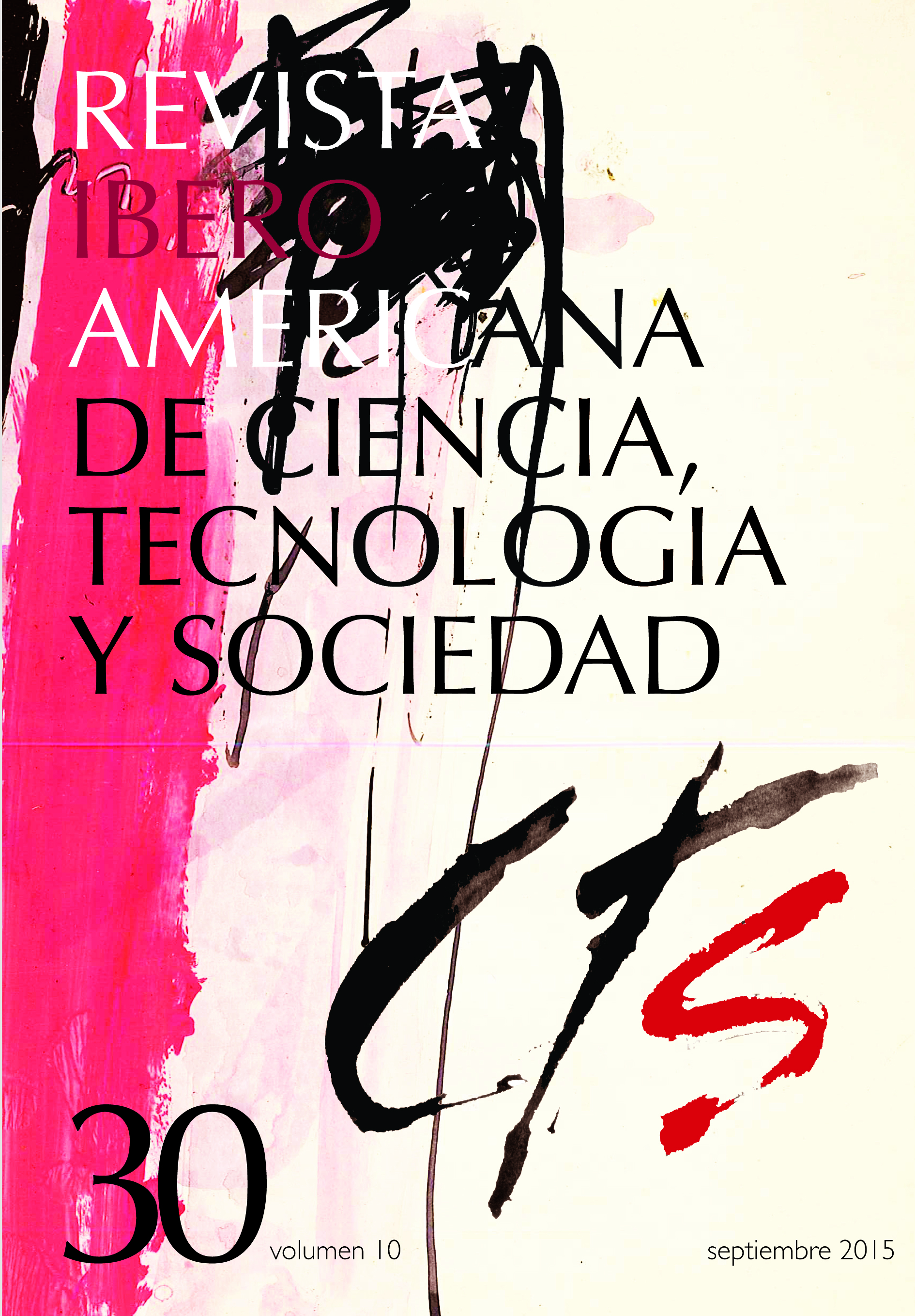Numbers, Commensuration and Governance in Environmental Impact Studies
DOI:
https://doi.org/10.52712/issn.1850-0013-495Keywords:
commensuration, numbers, environmental governance, development projectsAbstract
In this article we analyze the use of numbers and commensuration in an environmental impact study for a small hydroelectric power plant in Huila, Colombia. We show how value, equivalence calculations and commensuration processes between different value systems are implicit in the environmental impact definition, as well as associated compensations. Our conclusion is that a number differentiation process is essential to establish environmental governance, and in turn a field for anthropological research in development projects.
Downloads
References
BARRY, A. (2006): “Technological Zones”, European Journal of Social Theory, vol. 9, nº 2, pp. 239–53.
CALLON, M. (1998): “Introduction: the embeddedness of economic markets in economics”, en M. Callon (ed.): The Laws of the Market, Oxford, Blackwell Publishers.
CONESA, V. (1997): Guía metodológica para la evaluación de impacto ambiental, Madrid, Ediciones Mundi-Prensa.
ESPELAND, W N, & STEVENS, M (1998): “Commensuration as a social process”, Annual Review of Sociology, vol. 24, nº 1, pp. 313–343.
FOUCAULT, M. (2006): Seguridad, territorio, población: curso en el collège de France (1977-1978) (Clase del 11 de enero de 1978), Buenos Aires, Fondo de Cultura Económica.
GUYER, J. (2004): Marginal Gains: Monetary Transactions in Atlantic Africa, University of Chicago Press.
GUYER, J.; KHAN, N.; OBARRIO, J.; BLEDSOE, C.; CHU, J.; BACHIR DIAGNE, S.
y VERRAN, H. (2010): “Introduction: Number as Inventive Frontier”, Anthropological Theory, vol. 10, nº 1-2, pp. 36–61.
KULA, W. (1980): Las medidas y los hombres, México D.F-Buenos Aires–Madrid, Siglo XXI.
LATOUR, B. y WOOLGAR, S. (1995): La vida en el laboratorio. La construcción de los hechos científicos, Madrid, A. Universidad Ed.
MITCHELL, T. (2002): Rule of experts: Egypt, techno-politics, modernity, University of California Press.
MITCHELL, T. (2011): Carbon democracy: political power in the age of oil, Londres, Nueva York, Verso.
PORTER, T M. (1995): Trust in Numbers. The Pursuit in Objectivity in Science and
Public Life, Princeton University Press
POVINELLI, E. (2001): “The Anthropology of Incommensurability and Inconceivability”, Annual Review of Anthropology, nº 30, pp. 319–334.
SCOTT, J. (1998): Seeing Like a State: How Certain Schemes to Improve the Human Condition Have Failed, New Haven-Londres, Yale University Press.
VERRAN, H. (2010): “Number as an inventive frontier in knowing and working Australia’s water resources”, Anthropological Theory, vol. 10, nº 1-2, pp. 171–178.
Downloads
Published
How to Cite
Issue
Section
License
Copyright (c) 2023 CC Attribution 4.0

This work is licensed under a Creative Commons Attribution 4.0 International License.
All CTS's issues and academic articles are under a CC-BY license.
Since 2007, CTS has provided open and free access to all its contents, including the complete archive of its quarterly edition and the different products presented in its electronic platform. This decision is based on the belief that offering free access to published materials helps to build a greater and better exchange of knowledge.
In turn, for the quarterly edition, CTS allows institutional and thematic repositories, as well as personal web pages, to self-archive articles in their post-print or editorial version, immediately after the publication of the final version of each issue and under the condition that a link to the original source will be incorporated into the self-archive.











